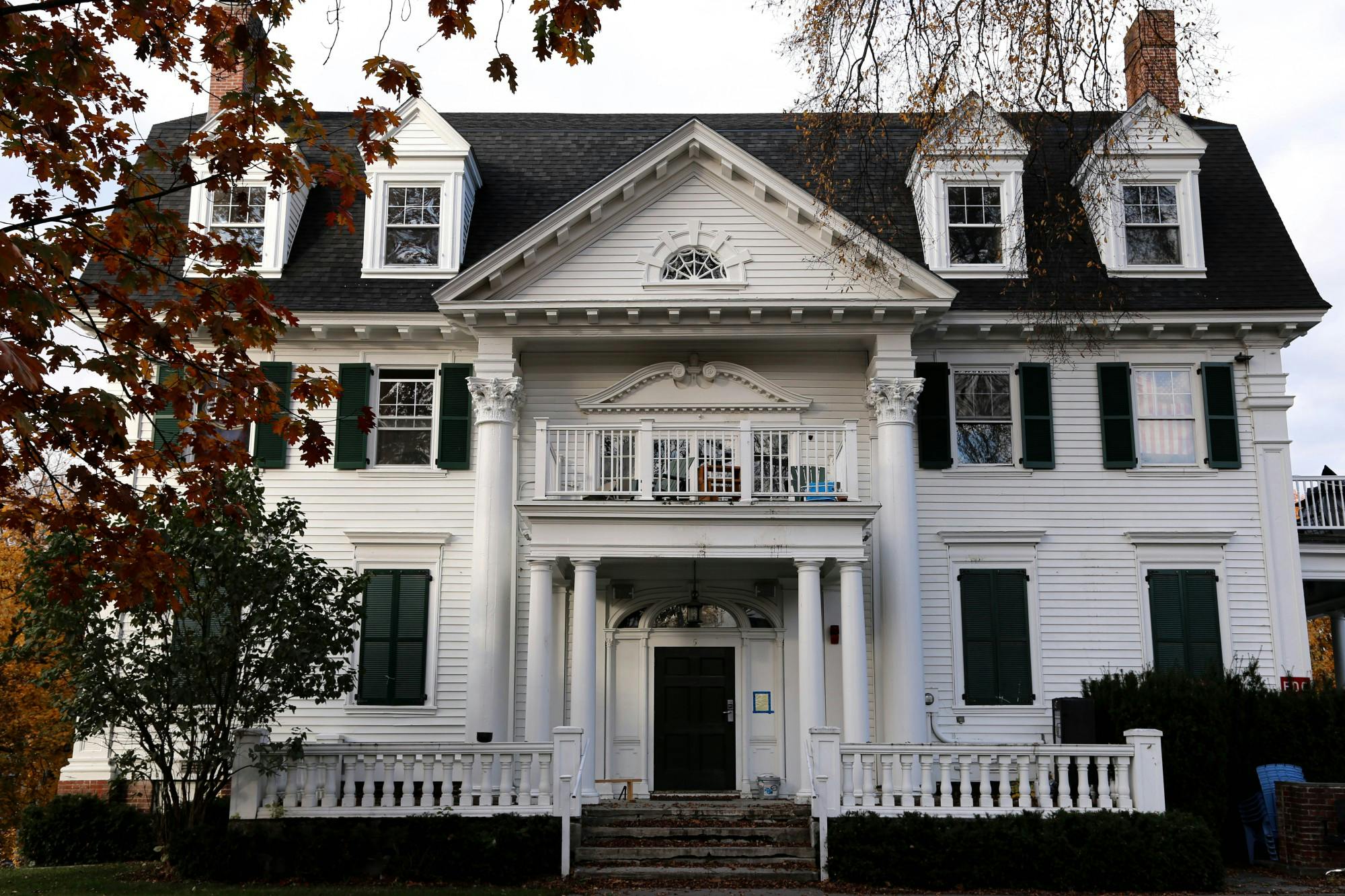
Pros Access to Connections With the Alumni Network
#Dartmouth social scene professional
These pros and cons are factors that relate to the explicit policies and structure of sororities and fraternities and how they might affect your academic and professional success as well as your college experience overall. You'll be a sister or brother for life once you join! In the next couple of sections, I’ll go over some pros and cons of joining a fraternity or sorority to give you a better idea of what it’s like.Īcademic and Financial Pros and Cons of Greek Life Your membership in a Greek organization will extend past your time as an undergraduate. To join a fraternity or sorority, you will most likely have to go through the “rush” process, which is a recruitment period where you get to know the members and mutually decide whether your personality is a good match for the character of the group. Usually, fraternities and sororities have their own houses where they host meetings and parties, and many members live in the houses. Most Greek organizations are serious about academics as well. GPA requirements for membership are common, and many sororities and fraternities take great pride in the academic accomplishments of their members. Many fraternities and sororities have specific organizations or causes that they partner with for community service initiatives. My sorority at Dartmouth had a partnership with an organization called WISE, which works in the local area to help victims of domestic abuse. Traditions usually include weekly meetings, retreats, and participation in service-related events. Fraternities and sororities look to develop strong bonds between their members and encourage personal growth and development. These organizations often have special traditions that bring members together and promote loyalty, friendship, community service, intellectual achievements, and leadership.

The missions of fraternities and sororities vary from chapter to chapter, but some characteristics are relatively consistent. Why Is Greek Life Popular? What’s It All About? Washington and Lee University: It's almost all Greek to me Especially at such a large school, the Greek minority may hold less sway over the dynamics of campus culture. At the University of Georgia, about 23 percent of students are involved in Greek life within a population of over 27,000 undergraduates. Since Washington and Lee only has around 2,300 students total, this makes for an extremely strong impact on the social scene. At Washington and Lee University, about 80 percent of undergraduates are involved in Greek life. This leads to varying levels of Greek influence on campus culture as a whole. Some campuses have a marginal Greek scene, with students involved in these organizations being in the extreme minority, while others have a very dominant Greek population. Sororities started up in the 1850s as more and more women began to attend college and challenge the male-dominated academic and social scene. To date, there are 123 fraternities and sororities in the US and Canada with 750,000 undergraduate members in 12,000 chapters on over 800 college campuses.



The first fraternity in the modern sense, Kappa Alpha Society at Union College, was founded in 1825. Kappa Alpha tried to emulate Phi Beta Kappa while also focusing on the development of friendships among its members. After this time, more fraternities began to emerge on various college campuses. Some would become national organizations with chapters at different colleges. Greek life got its name because fraternities and sororities are named with Greek letters. This tradition began with the formation of the first Greek-letter student society, Phi Beta Kappa Society, at the College of William and Mary in 1776. The society was more of an academic group that fostered literary debates than anything else, but it was an early model for later organizations. In this article, I’ll give you an overview of what Greek life is, its pluses and minuses, and whether you should go to a school with fraternities and sororities. Fraternities and sororities are often great communities where you’ll make lifelong friends. However, Greek life isn’t supposed to be about wild parties, “bro culture,” and superficial judgments (although those things can come into play). Most people have ideas about Greek life that are based on pop culture stereotypes of fraternities and sororities.


 0 kommentar(er)
0 kommentar(er)
